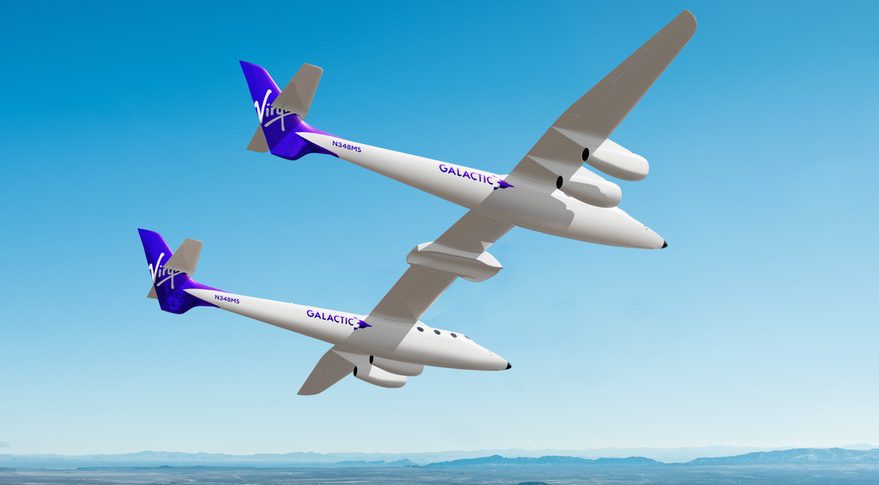Boeing and one of its companies have gone to court against Virgin Galactic, claiming that the spaceflight company has not paid over $25 million and has taken trade secrets related to a project for creating a new aircraft.
In the lawsuit filed on March 21 in the U.S. District Court for the Eastern District of Virginia, Boeing and its subsidiary Aurora Flight Sciences stated that Virgin Galactic terminated payments for their work on designing a new "mothership" aircraft and kept confidential information that was mistakenly provided to them.
Virgin Galactic made an announcement in July 2022 that Aurora Flight Sciences was chosen to construct the aircraft, which would replace VMS Eve, the current air-launch platform for its suborbital spaceplanes., The contract involved building two aircraft, with the first one scheduled for delivery in 2025. The value of the contract was not disclosed.
As per the lawsuit, work on the contract ended after the second task order was completed in May 2023, supporting initial design work on the aircraft. Aurora determined that Virgin Galactic would not be able to create the desired new mothership within the budget and timeline.
Boeing and Aurora claimed that nearly $26.4 million in invoices from the two task orders remain unpaid by Virgin Galactic. They stated that they asked Virgin multiple times to pay the outstanding invoices but the issue has not been resolved.
The legal action also alleged that Virgin Galactic has not agreed to delete the confidential information provided by Aurora as part of the work. This included technical specifications known as the "equations" used for modeling aircraft performance, inadvertently given to Virgin during the project.
Boeing and Aurora described this information as trade secrets that provide a significant competitive advantage in accurately modeling aircraft stability and control.
The companies mentioned that Virgin Galactic refused to destroy the documents containing these equations, asserting intellectual property rights to them based on the agreement.
The lawsuit made similar claims regarding a separate document in which Aurora shared test data about a composite material with Virgin Galactic. Aurora requested Virgin to destroy the document, but Virgin refused, citing their rights to that document under the agreement.
Boeing and Aurora are pursuing compensation for the unpaid invoices and undisclosed amounts for the misappropriation of trade secrets.
“We believe this lawsuit is wrong on the facts and the law, and we will vigorously defend ourselves in the appropriate forum,” a Virgin Galactic spokesperson told SpaceNews. The company has not commented further on the suit.
Virgin Galactic is not giving as much importance to creating a new mothership aircraft in recent earnings calls. Instead, it's focusing on making its new Delta-class suborbital spaceplane, which is scheduled to start test flights in 2025 and be in commercial service in 2026. The company plans to use its current VMS Eve for those initial flights.









